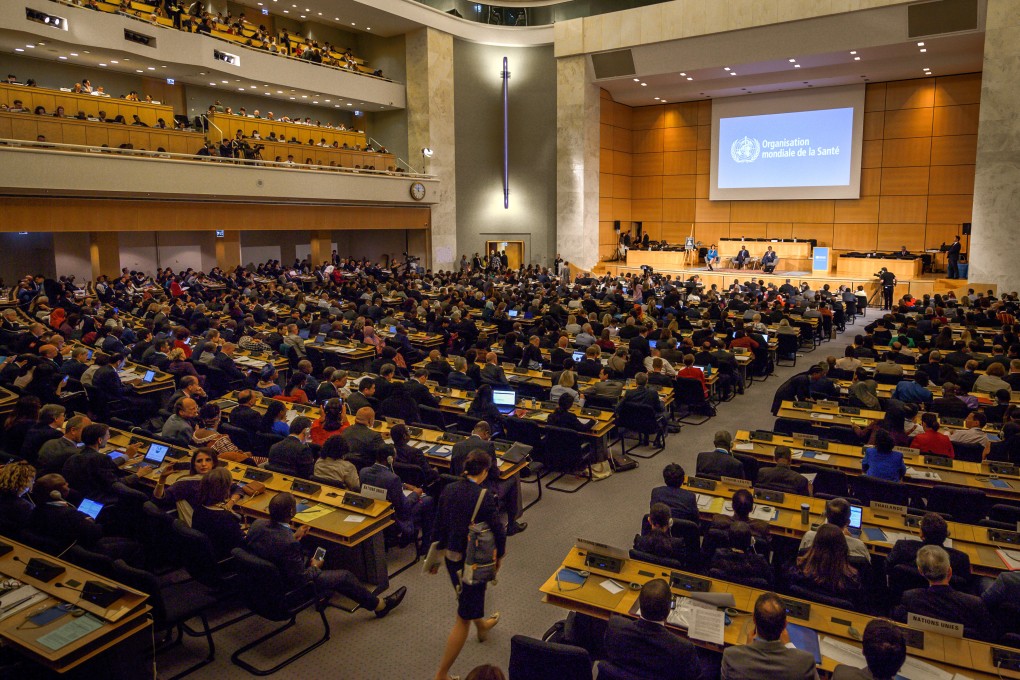Advertisement
Taiwan unlikely to be observer at World Health Assembly ‘no matter how hard US tries’
- Observer status would imply the island is an independent state which would be ‘totally impossible’ for Beijing to accept, analyst says
- Taiwanese and American officials on Monday discussed a strategy to expand Taipei’s participation in UN system and other forums
Reading Time:3 minutes
Why you can trust SCMP
16

Taiwan is unlikely to regain observer status at the World Health Assembly unless its ruling party changes its stance to recognise “one China” – despite US efforts to secure its participation, analysts say.
The assessment came after Taiwanese and US officials met in Washington on Monday to discuss a strategy aimed at “expanding Taiwan’s participation in the United Nations system and in other international forums”, according to the State Department.
It followed President Tsai Ing-wen’s meeting with US House Speaker Kevin McCarthy last week – talks that prompted condemnation and military drills from Beijing, which sees the self-ruled island as part of its territory.
Monday’s meeting “focused on near-term opportunities to support Taiwan’s expanded participation” in next month’s WHA – the World Health Organization’s decision-making body – and the International Civil Aviation Organization, as well as other non-UN bodies, the statement said.
Advertisement
But Zhu Songling, a professor at Beijing Union University’s Institute of Taiwan Studies, said that without a cross-strait resolution, Beijing would not approve observer status for Taipei at the WHA.
Taiwan took part as an observer in the UN health agency under the name “Chinese Taipei” from 2009 to 2016, when Ma Ying-jeou of the Kuomintang party was the island’s president. The KMT recognises the 1992 consensus – an understanding that there is only “one China” but each side has its own interpretation of what that means.
Advertisement
However Tsai, of the independence-leaning Democratic Progressive Party, does not support the one-China principle and Beijing has blocked Taipei from taking part in the WHA since 2017, after she took office. According to Beijing, the island no longer had the “political foundation” to be invited as an observer.
Advertisement
Select Voice
Select Speed
1.00x